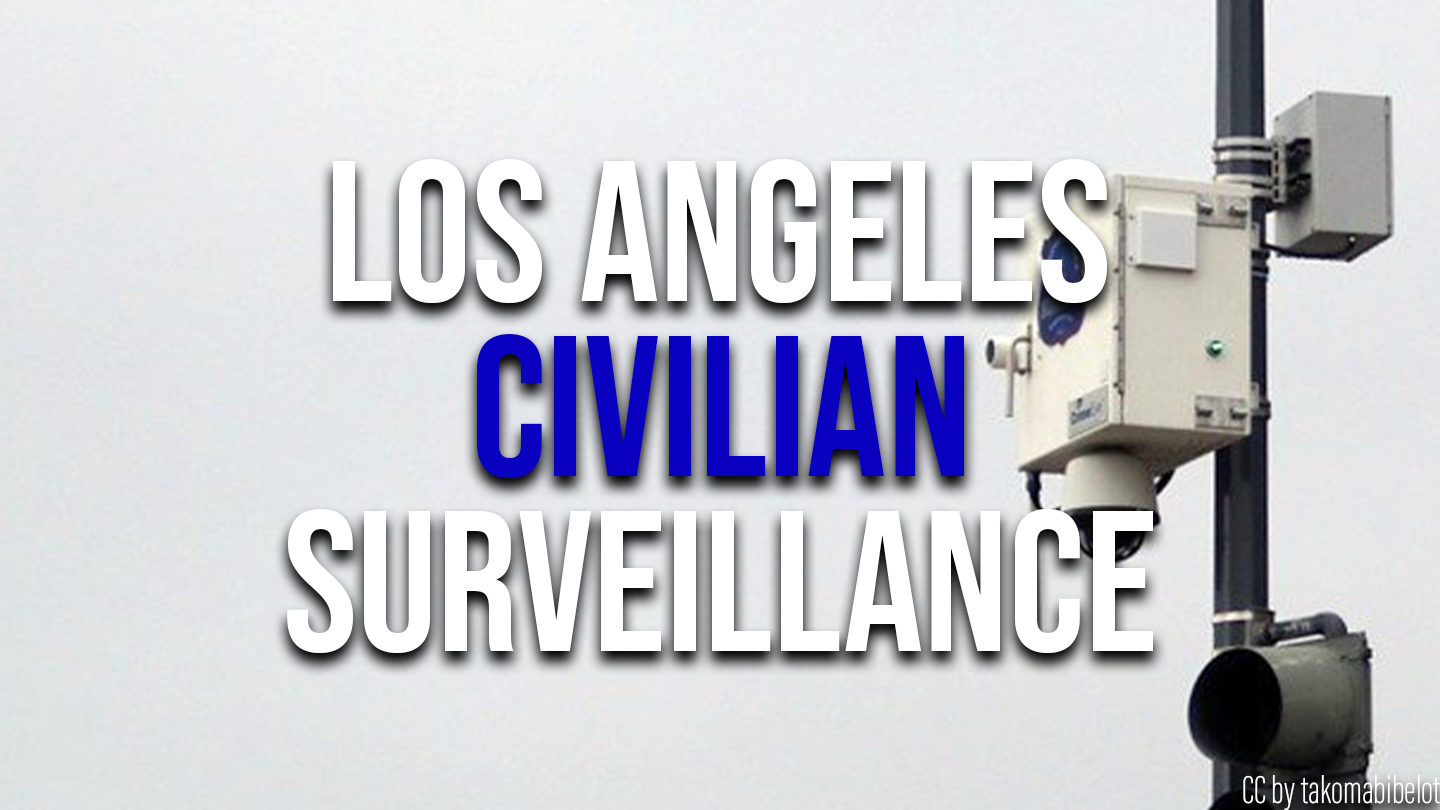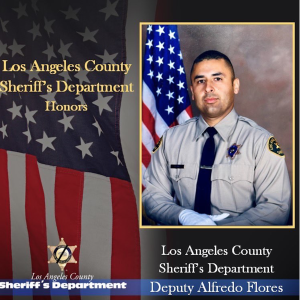 View Winners →
View Winners → 
Los Angeles Controller Ron Galperin Wednesday called on the city to strengthen its approach to civilian privacy amid officials’ increased use of “smart technologies” like drones and surveillance cameras.
In the “Protecting Privacy Makes A Smarter L.A.” report released Wednesday, Galperin notes that the city’s new technology can make the government more efficient but puts individual privacy at risk by collecting and analyzing potentially sensitive information. He cites examples including police department body-worn cameras and license plate reader scans, fire department drones, surveillance cameras and real-time traffic data collection devices.

The controller noted that Los Angeles is working to develop policies regarding smart technologies, but the approach is spread out, with each department deciding which technologies it needs to use and how to use them. He called the approach disorganized, risky and lacking government accountability. Additionally, the city does not have an oversight body to asses the surveillance tools being used.
Galperin urged the city to comply with guidelines from the federal government, state and other local jurisdictions and:
- establish a privacy advisory board to support departments’ development of privacy policies and controls.
- define surveillance technology and identify the tech used by departments;
- develop a standardized surveillance impact assessment and reporting process; and
- require departments to update surveillance impact assessments regularly.
“Angelenos deserve a more modern and user-friendly city, but they also need to be absolutely sure that their government isn’t collecting and storing private information about them without a plan and without their knowledge,” Galperin said. “Los Angeles can and must do better managing the smart technologies it uses to monitor traffic flow and bolster public safety while also protecting residents’ privacy. Real oversight and a unified approach to identifying and addressing privacy issues will both safeguard sensitive information and engender greater public trust.”
According to Galperin, Los Angeles data collection includes:
- 847,077 hours of police body-worn camera footage collected in 2020;
- 3.6 million license plate reader scans in 2020;
- 11,850 surveillance cameras operated by the city;
- 499 drone deployments by the Los Angeles Fire Department in 2020; and
- 39 gigabytes of real-time traffic data processed daily.
The full privacy report can be read at lacontroller.org/protecting-privacy.






































































































